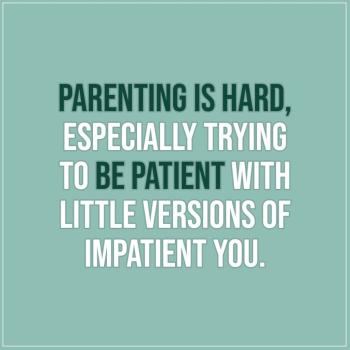Confession: I’ve been called a ‘ho’ before by a man that did not have any prior knowledge of my sexual tendencies. It was a typical nightclub scene that involved a 20 something Me chilling with my friends. The whole ordeal was common, so common that many of my friends and I knew how to deal with it, specifically. Therefore, I spat some obscenities at him as he walked away. Of course, his use of the slur was a way of exacting verbal retaliation against me because I turned down his advances. My experience is shared with countless women; being called and/or labeled as a ‘ho’ without any fairness, leaving us with the task of defending ourselves against such an allegation. A woman can be called a ‘ho’ at any given moment for whatever reason; her clothing is too skimpy or she discusses sex too freely. The list goes on. But then, that’s the problem with ‘hoes’. Unless it’s being clearly defined, we really don’t know who the ‘hoes’ are, do we?
As I watched the clip of Pastor Jamal Bryant’s sermon, quoting Chris Brown when he ecstatically proclaimed ‘these hoes ain’t loyal’ and then recalled Pastor Andy Thompson’s tweet advising wives to not ‘let these hoes outshine you’, I kept asking the question, ‘Why are pastors talking about ‘hoes’?’ I have an inkling of the women that these men are classifying as ‘hoes’ but that does not validate their usage of the derogatory term in the pulpit. Now, before you start on this ‘it’s just a word’ business, let me point out that this is more than just the mere use of a word. It’s about the sociocultural implications of that word as both of these pastors saw fit to use it while ministering from their positions.
But hey, let’s define the word ‘ho’, shall we? Of course, ‘ho’ is a derivation of the term ‘whore’ which is a woman (and man, as far as I’m concerned) who engages in sexual activity for the exchange of money. In the Bible, women who prostituted themselves were referred to as harlots. Over the years, in the Black community, the term has expanded to describe women who use their sexuality for material gain as well as exhibit malicious and untrustworthy behavior. But it is also used to define promiscuous women, even though most of those women are typically using sex as a way to fill a void in their lives, usually love. Because of societal structuring when it comes to women, their underlying issues are not diagnosed so readily as being snubbed as ‘hoes’ for bedding any man who expresses an interest. We also know that this term can be applied at the discretion of some men and their perception of the women they are dealing with, despite how much this reflects their personal choices. Regardless of whether these women are prostituting, too charitable with their vajayjays, or whatever, are these women worthy of receiving ministerial help? According to Bryant and Thompson, apparently not, as they made a point to condemn these women in order to exhort the female members of their local ministries, and I suppose, the Church at large. But why was this necessary? Furthermore, are they fully aware of every woman’s path that led them to their ministries? I’m certain that some of the women in their congregations may have a few stories from their pasts that could be deemed as ‘ho’-like behavior (since it really doesn’t take much). What can be said about those women who are, now, on a spiritual journey to become better?
Read the rest here














